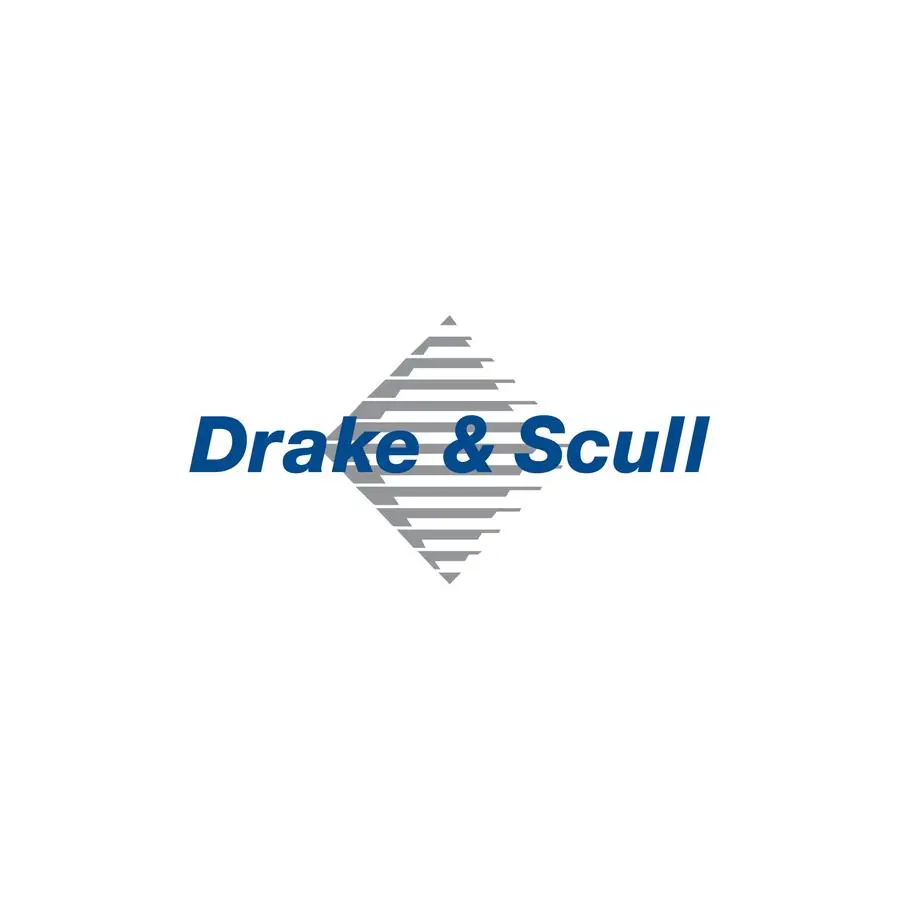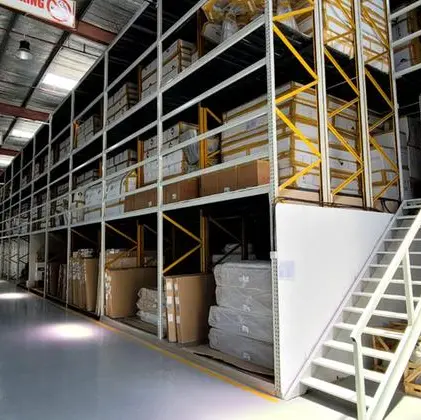LONDON: The global economy will lose up to $10 trillion in GDP in 2025 unless governments repeal or reduce tariffs and nontariff barriers that currently obstruct global merchandise trade, according to a new report released today for G20 governments.
The report, titled The $10 Trillion Case for Open Trade, was produced by experts at Boston Consulting Group (BCG) and HSBC. Drawing on work prepared for the Business 20 (B20) the forum of global business leaders providing policy recommendations to the G20—it quantifies the relative benefits and costs of open trade versus protectionism.
Using a proven model for analyzing the impact of trade flows on economic growth, the research team compared two scenarios of merchandise flows among the G20 countries. One scenario assumes a high level of open and rules-based trade, and the other assumes the maximum plausible level of trade restrictions, including a rise in average global tariffs, the continuation of tariffs associated with US-China trade tensions, and the implementation of few new trade-facilitating measures.
In the first year, the two scenarios have similar economic impacts, but then they diverge. Under the protectionist scenario, the value of traded goods levels off, and so does GDP. Under the open trade scenario, trade value grows by 2.0 to 2.6 percentage points per year, with GDP following at a growth rate of 1.8 to 2.3 percentage points per year. The research takes into account only merchandise trade. If services trade were included, the value of easing trade restrictions would be even more material.
“In a global economy that is already struggling with the impacts of the COVID-19 pandemic, our analysis shows that open trade delivers benefits to every country, as well as to the overall global economy.,” said Sukand Ramachandran, a BCG managing director and senior partner. “The additional growth we calculate from open trade translates into jobs around the world.”
According to the WTO, import-restrictive measures implemented since 2009 and still in force affect about 10.3% of G20 imports, worth about $1.6 trillion.
A Roadmap for G20 Action
The report also lays out five steps that world leaders must take to maximize the health of the global economy over the next five years and beyond:
- Strengthen international institutions, including the WTO, so they can keep pace with the new challenges businesses face globally.
- Rethink the rules of trade to create a better, more enforceable rulebook that rolls back protectionism, supports open markets, and ensures a level playing field globally.
- Ensure that technology fosters the growth of e-commerce and digital trade, by developing infrastructure, skills, and universally accepted legal frameworks and standards for digital trade.
- Promote the export of services and nonphysical goods, by reducing services trade restrictions, encouraging a common understanding on intellectual property regulation, adopting shared standards for data localization, and abolishing customs duties on electronic transmissions.
- Promote the positive effects of trade in society, by aligning trade and investment rules to spur innovation, inclusive growth, and technologies that minimize harmful environmental impacts.
“The B20 Trade and Investment Taskforce has developed a consensus set of bold and ambitious policy recommendations for the G20 to adopt that chart a clear path for inclusive and sustainable growth,” said Natalie Blyth, HSBC’s global head of trade and receivables finance. “It’s critical that trade play its part in securing the post-COVID-19 economic recovery and more open policies would give the global economy a head start measured in the trillions of dollars.”
© Press Release 2020
Disclaimer: The contents of this press release was provided from an external third party provider. This website is not responsible for, and does not control, such external content. This content is provided on an “as is” and “as available” basis and has not been edited in any way. Neither this website nor our affiliates guarantee the accuracy of or endorse the views or opinions expressed in this press release.
The press release is provided for informational purposes only. The content does not provide tax, legal or investment advice or opinion regarding the suitability, value or profitability of any particular security, portfolio or investment strategy. Neither this website nor our affiliates shall be liable for any errors or inaccuracies in the content, or for any actions taken by you in reliance thereon. You expressly agree that your use of the information within this article is at your sole risk.
To the fullest extent permitted by applicable law, this website, its parent company, its subsidiaries, its affiliates and the respective shareholders, directors, officers, employees, agents, advertisers, content providers and licensors will not be liable (jointly or severally) to you for any direct, indirect, consequential, special, incidental, punitive or exemplary damages, including without limitation, lost profits, lost savings and lost revenues, whether in negligence, tort, contract or any other theory of liability, even if the parties have been advised of the possibility or could have foreseen any such damages.










